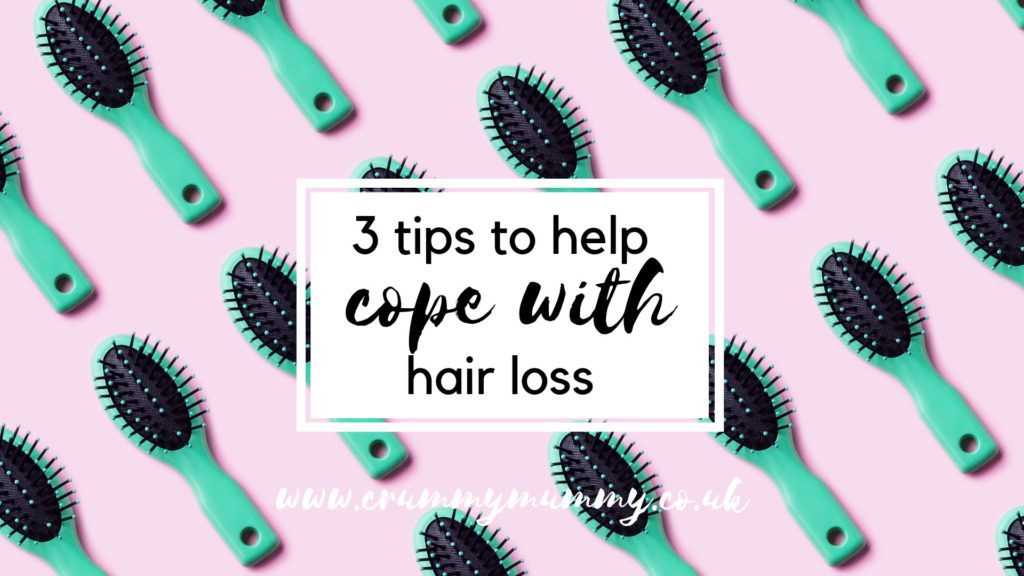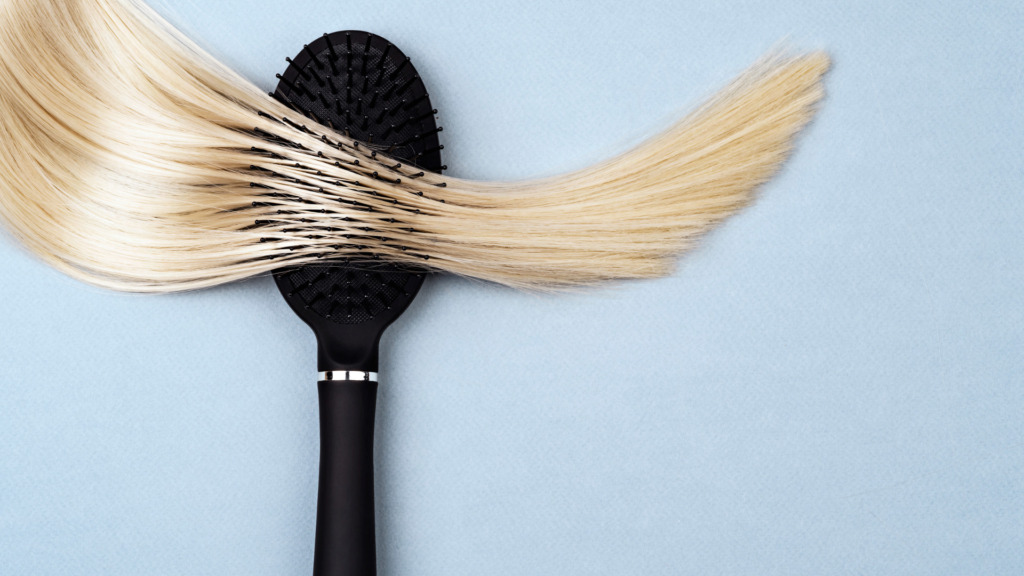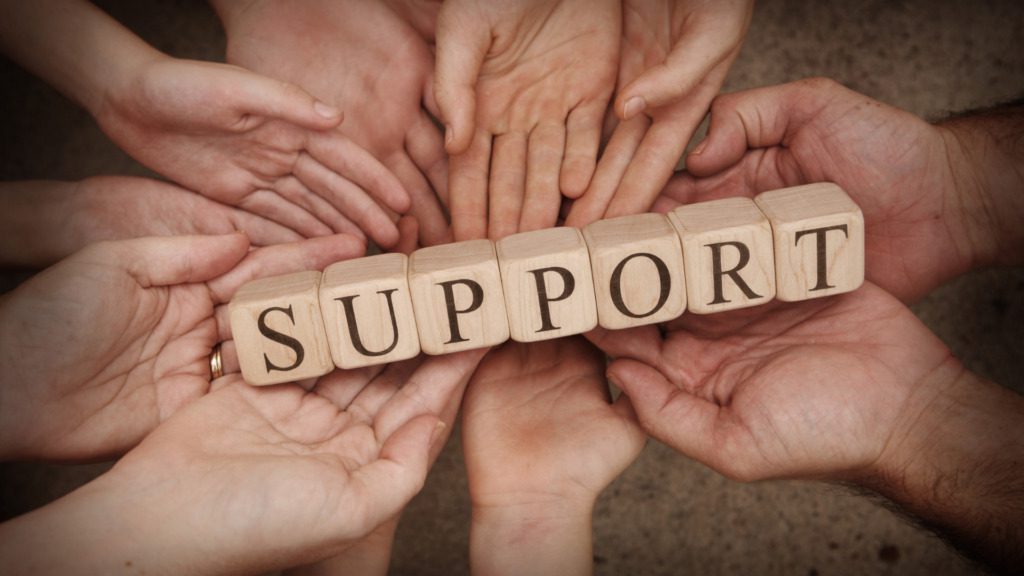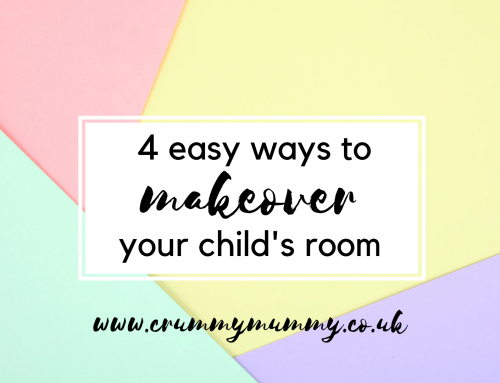Hair loss can be a traumatic experience.
It can affect anybody at any time, and seemingly arrive out of nowhere.

Even the rich and famous describe these ordeals as terrifying to the masses. Alopecia in women can be especially challenging, particularly when false standards for beauty are set across mainstream and social media too.
If hair loss is something that’s affecting you it’s important to have a healthy mindset for your well-being from the outset. Research shows that with enough time and self-care, it may be possible to arrive at a place of calm and contentment.
In this collaborative post here are some tips to help women deal with hair loss.
3 tips to help deal with hair loss
1. Learn more about the subject
Alopecia can fluctuate in terms of severity and consistency. Treatments can vary in effectiveness; sometimes, hair can regrow after several months. Unfortunately, in some cases, hair loss can also be permanent.

This post may contain affiliate links. This means if you buy something after clicking on a link, I’ll earn a few pennies to help me keep creating posts like this, at no extra cost to you!
It’s important to understand how varied an experience one can have with alopecia. Try to learn more about the causes and treatment options of alopecia with Patient so that you have a reliable supply of information. You can also learn about the likelihood that bald patches might come and go. Try to get a better understanding of your situation with well-researched articles.
Learning more about the subject is important for your well-being too. After all, if you frequently Google alopecia, then online algorithms might flood your internet feeds with ‘miracle cures’ and other dubious products. All misinformation should be immediately debunked regarding your health, so equip yourself with the relevant knowledge as soon as possible.
2. Join a support group
Alopecia can feel like an isolating experience. However, it’s not something you need to go through alone.
For example, one woman with alopecia held a roadshow to help others with the condition. Support groups can also be found in numerous towns and cities. Online forums may also provide useful guidance and anecdotes for coping with the condition. If you can be open-minded and immerse yourself in these groups, it could help you regain control and perspective over your life.

Remember that you can meet new friends in these settings too. Because alopecia is such a hard thing to go through for many women, having this in common with someone else can immediately give you some meaningful common ground. If you’re self-conscious about your appearance or even leaving the house, you’d be accepted for who you are in a safe space like this.
3. Celebrate yourself
A support group can give you the building blocks you need to construct some level of self-appreciation for yourself. Attendance can remind you that you’re more than your hair loss.
However, this mindset is something you’ll need to put into practice daily, even when you’re not with your support group. Be mindful of all your positive attributes. Do you have a family, and if so, are you making a difference in their lives? Is your career taking off? Are you exploring any new hobbies? In what ways are you advancing yourself?

It can be very easy for alopecia to be an all-consuming thing. While being overwhelmed is understandable, you can fight back against that feeling. In the end, your hair is only a very small part of your life, and there are countless other ways to give your life meaning and enrichment.
This is a collaborative post.

























Leave A Comment